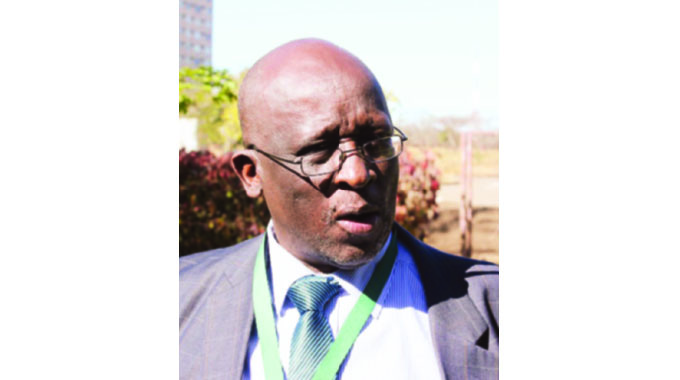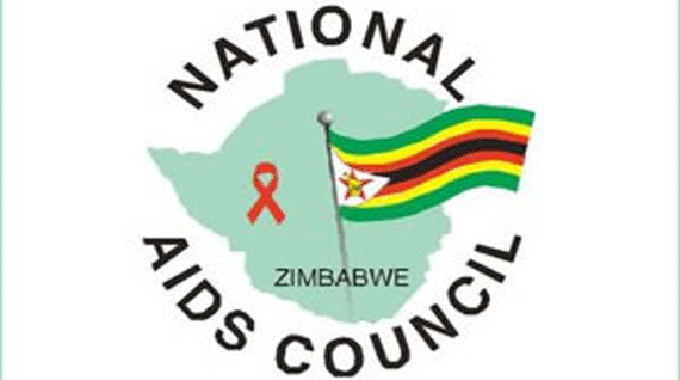68pc parastatal directors not declaring interests

Mukudzei Chingwere Herald Reporter
Despite high levels of compliance to corporate governance principles in State enterprises and parastatals, 68 percent of directors for these entities have yet to declare outside business interests, the Office of the President and Cabinet has noted.
In a recent report from its Corporate Governance Unit, the Office of the President and Cabinet said adherence to the Public Entities Corporate Governance Act had greatly increased from 2020, though there are some challenges especially associated with directors not declaring their outside interests.
The division to monitor State enterprises was introduced by the Second Republic as a way of ensuring these entities can positively contribute to the growth of the economy.
Findings of compliance by public entities directors, “showed a low compliance of 32 percent,” reads part of the report.
It is now standard in most private businesses as well as in those with some element of public ownership that directors declare their business interests to avoid any hint of impropriety, although any director has always been expected to distance themselves from any procurement decision that involves a supplier they or their immediate family is involved in.
Since independent directors are normally chosen because of their business experience, it is inevitable that cases of potential conflict of interest can arise and the standard system of declarations simply means that a board can easily show that such a potential conflict never influenced a business decision.
“Sixty-eight percent of State enterprise and parastatal directors have not declared their conflicts of interest, although there is a need for these entities to ensure that all their board members have provided an undertaking that they will abide by their obligations as per their contracts. In addition to the above, the directors have not completed the declaration of assets register.”
The report also monitored the performance of these entities showing, “a low compliance of 37 percent, and this is due to the lack of performance reviews of the CEO and senior members of management within the majority of State enterprises and parastatals”.
“There is also low compliance in terms of board evaluations with 74 percent of State enterprises and parastatals failing to review their (managerial) performance. The results also show that line ministers have not complied with the requirement to sign performance contracts with the boards.”
There were higher levels of compliance to the remuneration and benefits, an important undertaking towards the consolidation of the entities fiscal policy.
“The review showed a compliance of 63 percent. The results show a slightly higher level of compliance by the majority of State enterprises and parastatals and there is adherence to the responsible minister’s guidelines on remuneration and allowances.”
President Mnangagwa’s administration has identified reformed and functioning State enterprises and parastatals as among the factors to help drive the economy towards the 2030 vision of a prosperous and empowered middle income society. But badly performing entities are seen as a drain on the Treasury and need to be reformed and converted immediately.
The President has also made it clear that he expects the parastatals to be well managed, scrupulously honest and fulfilling the functions they have been set. And his office is now checking up.
According to the report tabled by Mr Willard Manungo, the Permanent Secretary for State Enterprises Reform, Corporate Governance and Procurement in the Office of the President and Cabinet, the average compliance in State enterprises and parastatals was 60 percent although some scored as low as two percent.
He explained President Mnangagwa’s thrust in reforming public entities aimed at improving peoples’ livelihoods.
“This follows His Excellency the President’s concerns over sub-optimal performances by the majority of our state enterprises and parastatals which had become increasingly burdensome to the economy and the national Treasury.
“Under-performing State-owned enterprises and parastatals not only drain scarce resources away from provision of essential services, but also crowd out private investment, both domestic and foreign, and distort domestic financial markets.
“It is against this background that the New Dispensation has been embarking on a raft of reform initiatives in state enterprises and parastatals aimed at ensuring that they perform their critical developmental roles as envisioned under our National Vision 2030,” said Mr Manungo.











Comments